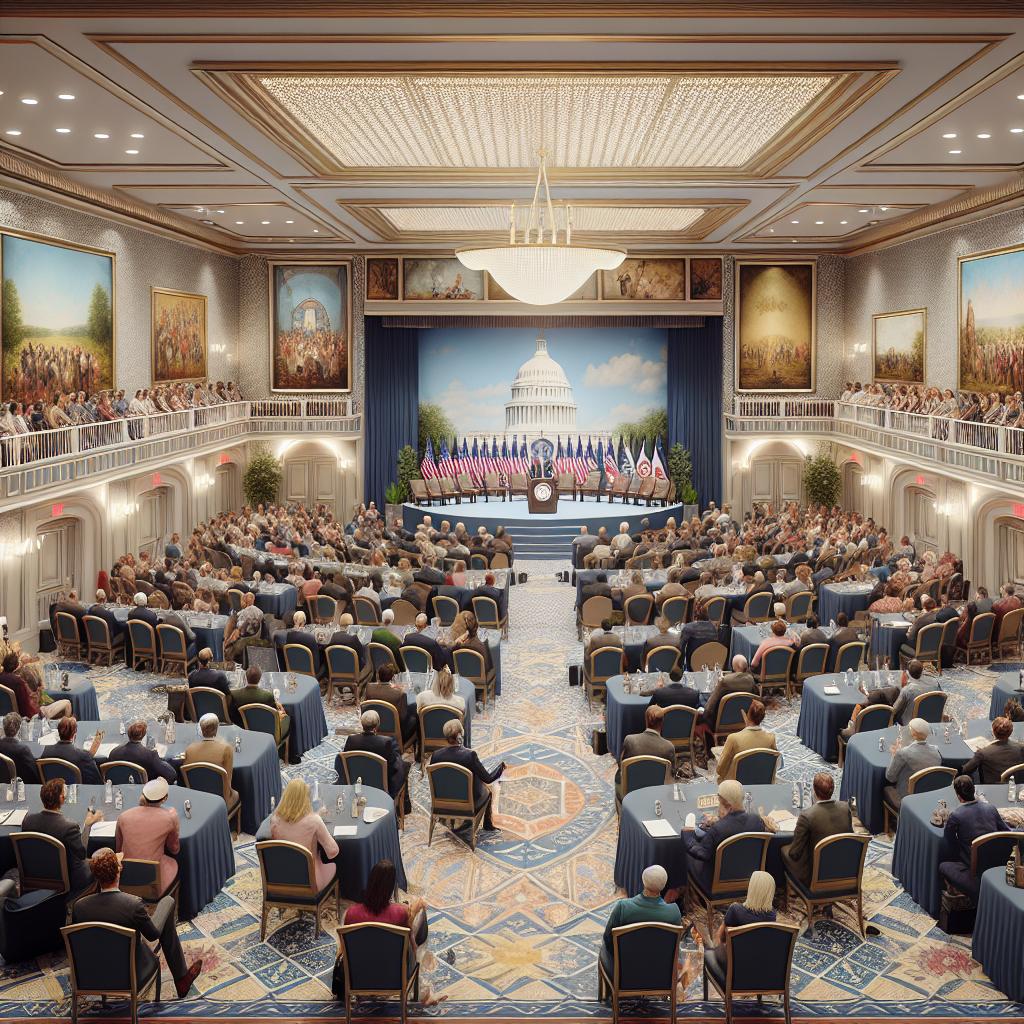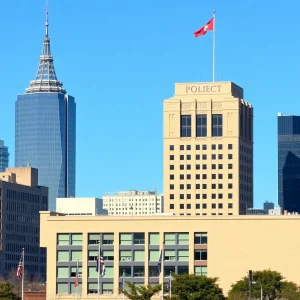Why a New Conservative Brain Trust Is Resettling Across America
Fed up by what they perceive as an increasingly hostile and disordered secular culture, some Christian conservatives are relocating to states, regions, and communities that they find more ideologically welcoming. This group is not just discussing the remake of Western civilization, they are also uprooting their lives to demonstrate their commitment to this cause.
Relocation of the Claremont Institute
The Claremont Institute, a leading intellectual center of the pro-Trump right, has been based in Southern California since its founding in the late 1970s. However, without initial publicity, key figures from Claremont have begun moving out of California to find more ideologically friendly environments.
Ryan P. Williams, the president of the think tank, moved to a suburb in the Dallas-Fort Worth area in early April. His colleague, Michael Anton, who had a significant role in convincing conservative intellectuals to vote for Mr. Trump in 2016, also relocated to the Dallas area two years earlier. The Vice President for Operations and Administration at Claremont has similarly moved to Dallas. Other colleagues are following in their footsteps.
A Shift Towards Common Values and Culture
Williams established a smaller office in another Dallas-Fort Worth suburb in May, expressing his plan to reduce the larger headquarters in California. In his perspective, there’s “an interesting shift going on to Texas. There’s a renewed sense of seeking community and shared values and culture amongst right-wing folks.”
As Mr. Trump bears ahead with his third presidential campaign, his followers, buoyed by an impressive debate the previous week, see their actions as part of a plan that goes beyond just electoral politics. They see themselves as part of a movement to reclaim the values of Western civilization as they understand them.
The Vision for a New America
Their goals outline a vision for a country transformed if Mr. Trump were to return to the White House. This new America would be guided by their interpretation of Christian values, characterized by larger families, fewer immigrants, and a landscape aesthetically matched to this vision. They imagine an increase in classical architecture, the resurgence of a conservative art movement, and a return to traditional attire for men.
This noticeable shift, particularly among young activists and thinkers who have risen under Mr. Trump’s influence, illustrates a deep dissatisfaction with what they perceive as an unraveling of Christendom. It is an urge not just to critique, but to ‘build’ – to actively create communities that reflect shared values and aspirations. The aim, quite simply, is to make a difference in their own ways, be it by changing their location, voting habits, or even the way they raise their families, bringing an indisputable change in the country’s cultural and political map.







